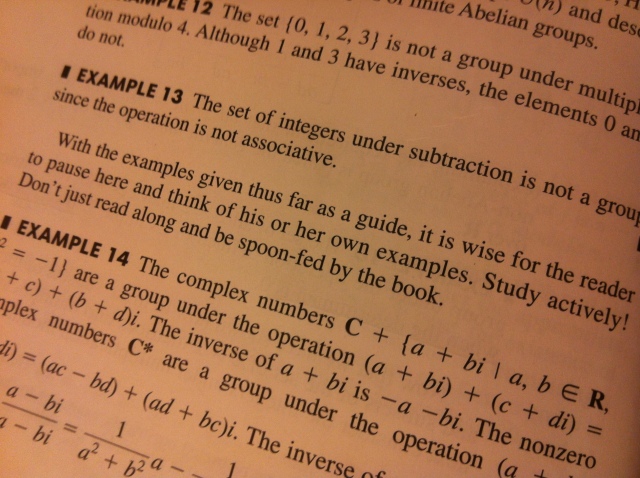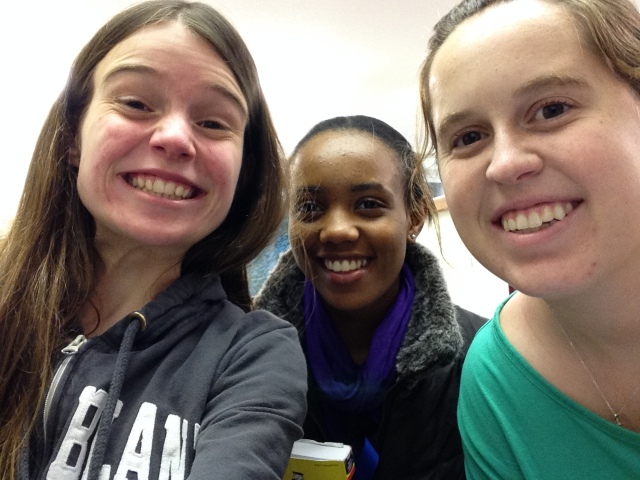Humans are endowed with an innate desire to have all the right answers. This desire can be seen in the first sin, when Eve ate from the tree of good and evil because she desired to be like God, knowing good and evil. However, I think that knowledge is dangerous and hurtful when it is used solely by itself. I, like many other Christians, have often crossed the line between standing up for what we believe and judgmentally pushing what we believe down other people’s throats. Although my intentions are to be God’s minister, I end up being His scourge. I lose sight of Jesus’s fundamental commands: “Love the Lord your God with all your heart and with all your soul and with all your mind and with all your strength. The second is this: ‘Love your neighbor as yourself. There is no commandment greater than these.” (Mark 12:30-31)
It is easy to look past our own sins and to judge the sins of others. It is easy to get angry with those who don’t agree with our opinions. It is easy to lash out at people who seem to be shoving their opinions down our throats. It is easy to forget that our beliefs are tainted with the sin of our human nature and are thus imperfect.
God does not call His children to win arguments with their neighbors in the name of Jesus. He calls us to love our neighbors, whether they are friends, enemies, or anything in between. Paul reminds us in 1st Corinthians that if we “can fathom all mysteries and all knowledge” or “have a faith that can move mountains,” but lack love, then we have nothing. That statement is pretty humbling for me because I easily forget to be patient and kind. I tend to envy other people’s talents while still boasting in my own. I put others down in order to build myself up. I refuse to forgive and forget. I give in to the temporary satisfaction of evil, and I cover up the truth. I fail at loving God and loving others on an every day basis. I can see the significance of love from the effects of my imperfect love and the effects of God’s unconditional love. That’s what makes me so thankful for and dependent on God’s love.
Love is super hard, but God promises that it never fails. It always protects, always trusts, always hopes, and always perseveres. I strongly believe that if we humble ourselves and love others, despite their different beliefs, opinions, and preferences, then we will flourish. I am proud to be an Erskine student. I am thankful that I attend a Christian school that holds to Christian standards while desiring to “show hospitality and respect to all members of its community,” and to “treat all persons justly with grace, dignity, and compassion in the Spirit of Christ.”



 to Him, as the things of this world fade in importance. As C.S. Lewis says, “God whispers to us in our pleasures, speaks in our conscience, but shouts in our pains: it is His megaphone to rouse a deaf world.” And if you’re anything like me, you’re often quite deaf, spiritually speaking.
to Him, as the things of this world fade in importance. As C.S. Lewis says, “God whispers to us in our pleasures, speaks in our conscience, but shouts in our pains: it is His megaphone to rouse a deaf world.” And if you’re anything like me, you’re often quite deaf, spiritually speaking.
You must be logged in to post a comment.